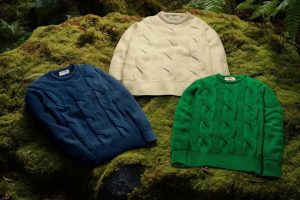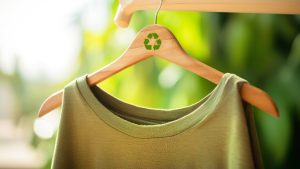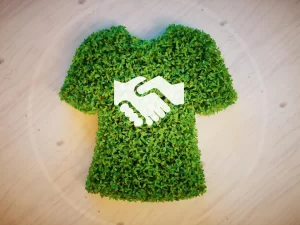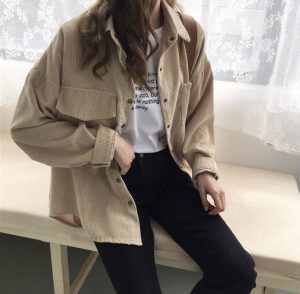“Choosing Eco-Friendly Fabrics: A Guide to Sustainable Materials”
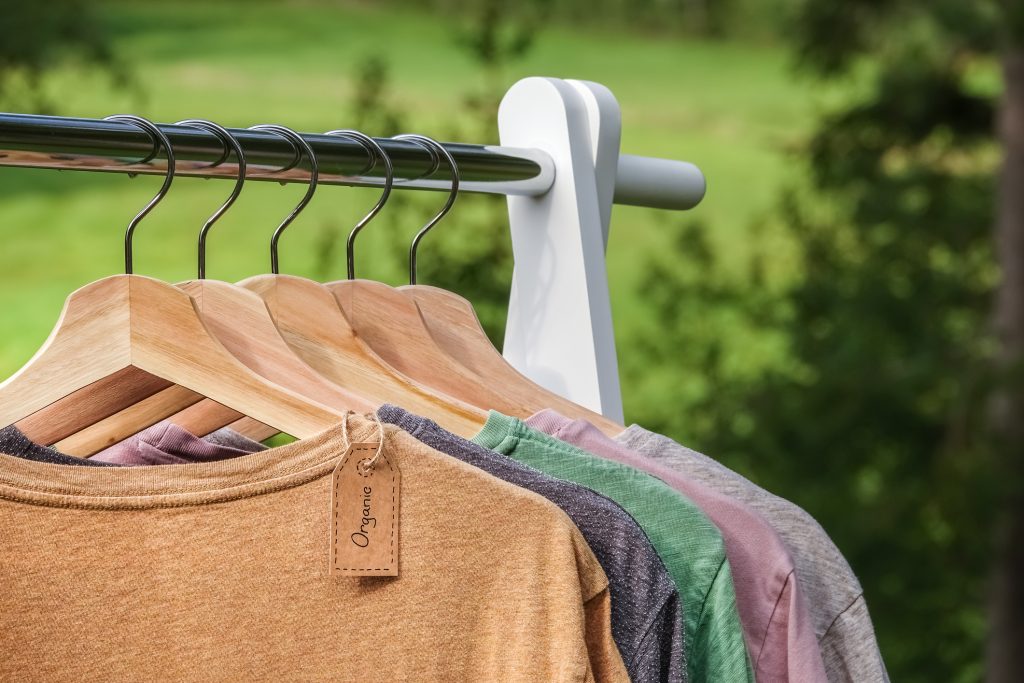
Organic clothes. Natural colored t-shirts hanging on wooden hangers in a row. Eco textile tag. Green forest, nature in background.
Title: Choosing Eco-Friendly Fabrics: A Guide to Sustainable Materials
Introduction:
In a world increasingly concerned with environmental sustainability, the fashion industry is undergoing a transformation towards more eco-friendly practices. One crucial aspect of sustainable fashion is the choice of fabrics used in clothing production. This guide aims to provide insight into eco-friendly fabrics, offering a comprehensive overview of sustainable materials and their benefits for both consumers and the planet.
1. Organic Cotton:
Organic cotton is grown without the use of synthetic pesticides, fertilizers, or genetically modified organisms (GMOs), making it a more environmentally friendly option compared to conventional cotton. Organic cotton farming practices promote soil health, reduce water consumption, and minimize environmental pollution. Fabrics made from organic cotton are soft, breathable, and hypoallergenic, making them ideal for a wide range of clothing items, including t-shirts, jeans, and underwear.
2. Hemp:
Hemp is a versatile and sustainable fiber derived from the Cannabis sativa plant. Hemp cultivation requires minimal water and pesticides, making it a more environmentally friendly alternative to conventional crops. Hemp fibers are durable, strong, and naturally resistant to mold and mildew, making them ideal for durable and long-lasting clothing items like jeans, jackets, and bags.
3. Tencel (Lyocell):
Tencel, also known as Lyocell, is a sustainable fiber made from renewable wood sources like eucalyptus trees. Tencel production involves a closed-loop process that recycles water and solvents, minimizing waste and environmental impact. Fabrics made from Tencel are soft, breathable, and biodegradable, offering comfort and sustainability for a wide range of clothing items, including shirts, dresses, and activewear.
4. Recycled Polyester:
Recycled polyester is made from post-consumer plastic bottles, diverting plastic waste from landfills and oceans and reducing the demand for virgin polyester production. Recycling polyester requires less energy and water compared to producing new polyester fibers, making it a more sustainable option. Fabrics made from recycled polyester are durable, moisture-wicking, and quick-drying, making them suitable for activewear, outerwear, and swimwear.
5. Bamboo:
Bamboo is a fast-growing and renewable resource that requires minimal water, pesticides, and fertilizers to thrive. Bamboo fibers are soft, breathable, and naturally antibacterial, making them ideal for clothing items like t-shirts, socks, and underwear. However, it’s essential to choose bamboo fabrics that are produced using eco-friendly processes, as some methods involve harsh chemicals that can harm the environment.
6. Organic Linen:
Organic linen is derived from the flax plant and grown without synthetic pesticides or fertilizers, making it a more environmentally friendly option compared to conventional linen. Linen cultivation requires minimal water and energy, making it a sustainable choice for clothing items like shirts, pants, and dresses. Fabrics made from organic linen are lightweight, breathable, and naturally antimicrobial, offering comfort and durability for warm-weather wear.
Conclusion:
Choosing eco-friendly fabrics is essential for reducing the environmental impact of the fashion industry and promoting sustainability in clothing production. By opting for materials like organic cotton, hemp, Tencel, recycled polyester, bamboo, and organic linen, consumers can make more informed and sustainable choices when purchasing clothing. By supporting brands that prioritize eco-friendly practices and sustainable materials, individuals can contribute to a more environmentally conscious and ethical fashion industry for future generations.
